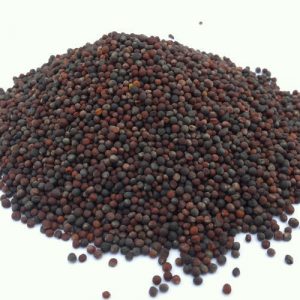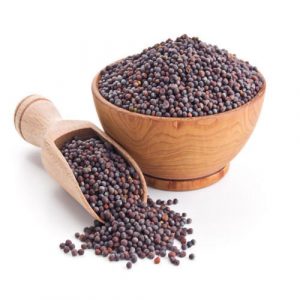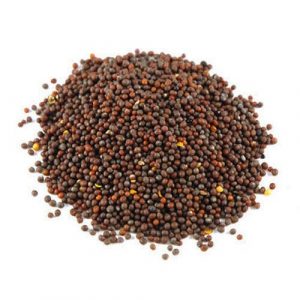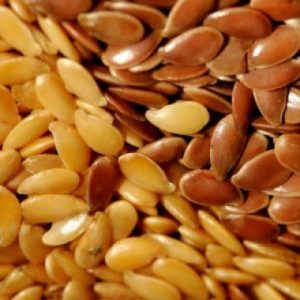-
Safflower Seeds
Safflower Seeds
Safflower is a type of thistle native to India. Currently this species has spread throughout the world. Its seed is very valuable for the health of humans and birds. Safflower seeds are also known as Mexican saffron, saffron or bastard saffron, among others.Squirrels dislike the bitter taste of safflower seed. Mix with sunflower seed and gradually reduce the sunflower until only safflower seed is left. Birds continue to eat the pure safflower seed, and squirrels dislike the bitter taste. Watch squirrels soon search for food elsewhere! Simply enjoy watching your birds. 5 lb. bag.
-
Canola seed
Canola seed
Canola is now defined as a rapeseed that produces an oil that must contain less than 2% erucic acid, and the solid component of the seed must contain less than 30μmol of any one or any mixture of 3-butenyl glucosinolate, 4-pentenyl glucosinolate, 2-hydroxy-3-butenyl glucosinolate, and 2-hydroxy-4-pentenyl glucosinolate per gram of air-dry, oil-free solid.
Canola seed, also known as rapeseed, oilseed rape, and, in the case of one particular group of cultivars, canola, is a bright-yellow flowering member of the family Brassicaceae, cultivated mainly for its oil-rich seed. It is the third-largest source of vegetable oil and second-largest source of protein meal in the world. We sell canola seed in 1lb bags. -
Mustard Seed
Mustard Seed
Mustard is one of the most ancient spices. It has 3 varieties namely black, brown and white. The black mustard plant normally grows to a height of 10 feet. Brown mustard is largely cultivated. Seeds from the mustard plant, most commonly available in the brown version, which has the best flavor. The black mustard seed has a sharper, stronger flavor and the yellow and white seeds have a milder flavor.
Nutritional facts
Serving Size 1 tbsp
Calories 469
Protein 24g
Total Fat 28g
Total Carbohydrates 34g
Dietary Fiber 14g
Sugars 6g
Potassium 682mg
Sodium 5mg
Cholesterol 0mg -
Rape Seed
Rape Seed
Rapeseed, botanically brassica napus, is a flowering member of the family Brassicaceae. It is also known by the names of rape, oilseed rape, rapa, rapaseed and canola. Its name is originated from the Latin word for turnip, r?pum or r?pa, and is first recorded in English at the end of the 14th century. This bright yellow flowering plant is widely cultivated in Canada, the United States, Australia, China, India and European countries for the production of animal feed, vegetable oil for human consumption, and biodiesel.
-
Poppy-Seed
Poppy seeds
Poppy seeds are less than a millimeter in length and are minute: it takes 3 300 poppy seeds to make up a gram and a pound contains between 1 and 2 million seeds. According to The Joy of Cooking “the most desirable come from Holland and are a slate-blue color.”
Tiny, bluish-black, round seeds, found in the poppy flower, which have a nutty-like flavor. They add crunch and a sweet flavor to cookies, muffins and other baked goods.
Nutrition FactsServing Size 1 tbsp
Calories 533
Protein 18g
Total Fat 44g
Total Carbohydrates 23g
Dietary Fiber 10g
Sugars 13g
Potassium 700mg
Sodium 21mg
Cholesterol 0mg -
Linola Seed
Linola Seed
Linola is a new form of Linseed which produces high quality polyunsaturated edible oil. Produced through conventional plant breeding, it has very low levels of linolenic acid. The seed is light yellow. Linola Oil is well suited for uses such as margarines, salad oils and dressings. Linola seed, ground or whole, can be used in the same applications as linseed meal, primarily as a ruminant feed.
Physical & Chemical Parameters
Oil: 40% minimum
Linoleic Acid: 66% minimum
Linolenic Acid: 3% maximum
Moisture: 9% maximum







